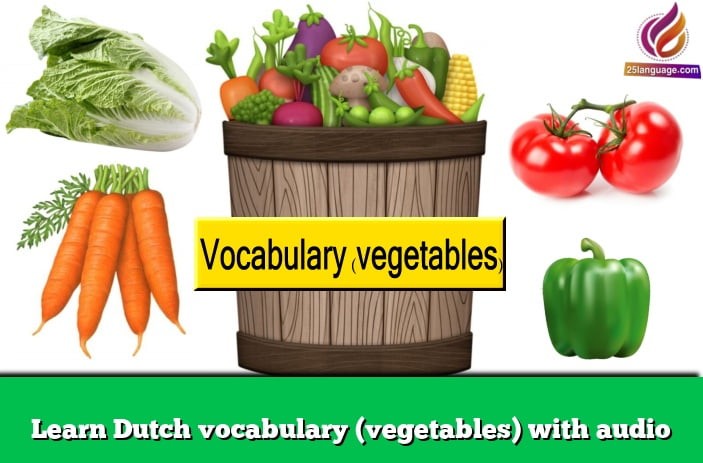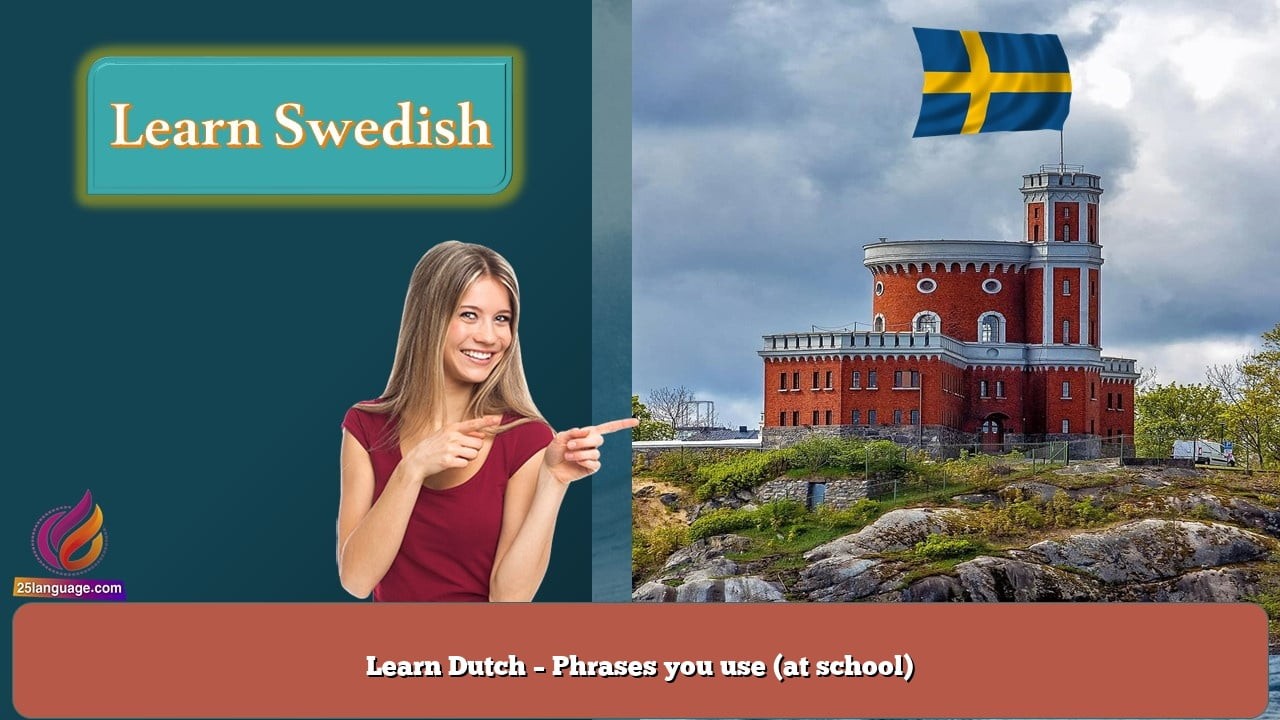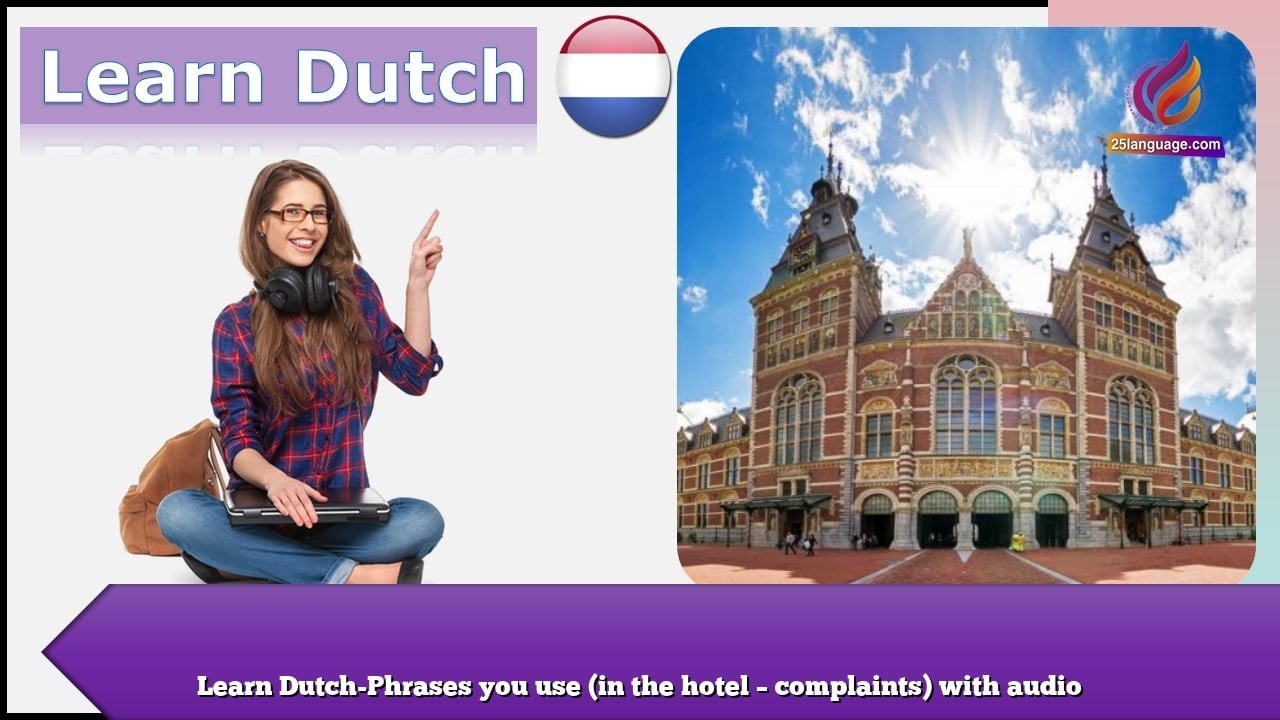Subordinate clauses: that in Dutch
Learn Dutch phrases (Subordinate clauses: that 1)

As an AI language model, I can provide a general answer to your question.
Subordinate clauses are essential components of language, and learning how to use them properly can help you communicate more effectively in Dutch. Subordinate clauses allow you to add complexity and nuance to your sentences by creating a relationship between two ideas. They can be used to express time, cause and effect, condition, purpose, and many other types of relationships.
| Dutch Sentence | English Translation |
|---|---|
| Ik denk dat hij morgen komt. | I think that he will come tomorrow. |
| [responsivevoice voice="Danish Female" rate="0.8" buttontext="►"]Zij geloven dat het gaat regenen. | They believe that it will rain. |
| Hij zegt dat hij het niet heeft gedaan. | He says that he didn’t do it. |
| Ik weet dat ze van muziek houdt. | I know that she likes music. |
| De dokter zei dat het een virus was. | The doctor said that it was a virus. |
| Wij hopen dat we op tijd zullen zijn. | We hope that we will be on time. |
| Zij beweert dat ze het niet wist. | She claims that she didn’t know. |
| Hij vraagt zich af of ze nog komt. | He wonders if she will still come. |
| Het lijkt erop dat hij het niet begrijpt. | It seems like he doesn’t understand. |
| Ik ben blij dat je gekomen bent. | I am happy that you came. |
| Zij is bang dat ze de trein mist. | She is afraid that she will miss the train. |
| Het is mogelijk dat het morgen gaat sneeuwen. | It is possible that it will snow tomorrow. |
| Ik hoop dat je het leuk vindt. | I hope that you like it. |
| De leraar legt uit dat het belangrijk is. | The teacher explains that it is important. |
| Zij vroeg of ik mee wilde gaan. | She asked if I wanted to go along. |
| Het is duidelijk dat hij niet tevreden is. | It is clear that he is not satisfied. |
| Ik ben blij dat jij erbij bent. | I am happy that you are here. |
| De politie gelooft dat hij de dader is. | The police believe that he is the culprit. |
| Zij vertelde dat ze al lang in Nederland woont. | She told that she has been living in the Netherlands for a long time. |
| Het is zeker dat ze het goed zal doen. | It is certain that she will do well. |





























